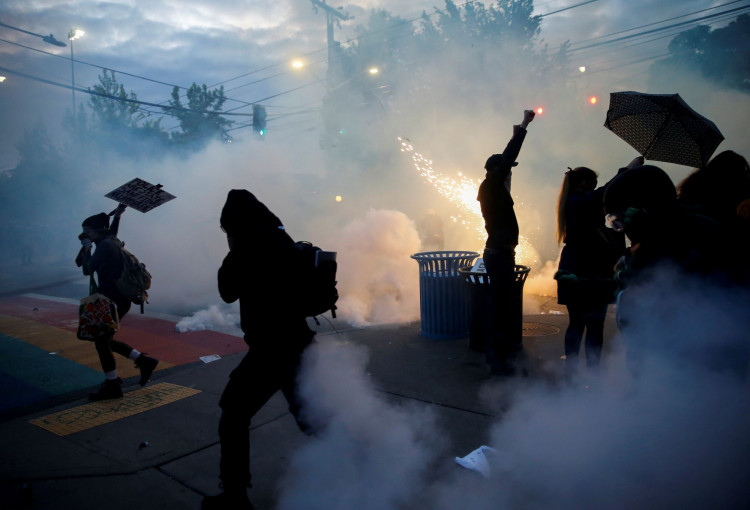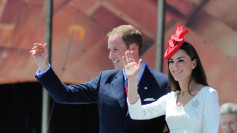The death of George Floyd from Minneapolis, Minnesota is bringing people in the streets of cities worldwide. Protests, not just in condemnation of his death, but also years of racism and prejudice African Americans are experiencing, are happening on a global scale.
Protesters across major cities in the Netherlands, the United Kingdom, Germany, Canada, New Zealand, Iran, and Australia are launching their own protests to call attention to racism and other forms of injustices.
Floyd was unarmed when an altercation with police happened on May 25. Police officer Derek Chauvin, along with three fellow officers, responded to a call accusing Floyd of issuing a bad check in an establishment.
Chauvin knelt on Floyd's neck and the black man died within just nine minutes. In between those minutes, Floyd has kept telling Chauvin that he can't breathe. Two different autopsies ruled Floyd's death as a homicide. A separate report from attorneys for Floyd's family, however, said Floyd's death was caused by asphyxia due to pressure to the neck and back. The compression led to a lack of blood flow to his brain.
In lieu of Floyd's death, Minneapolis Police Chief Medaria Arradondo said all four officers were already fired. He described their actions as a "violation of humanity."
Separately, an analysis from NBC News found that Minneapolis police have used neck restraints at 237 times. Of those times, there were 44 incidents where people were left unconscious.
Floyd's death cast the spotlight on the years of injustices and racism that not only African Americans suffer but as well as the minorities in any nation. This is perhaps why in Canada and Australia, the protests were two-pronged.
In Canada, aside from standing up calling for justice for Floyd's death, Canadians are also protesting the death of Regis Korchinski-Paquet. The 29-year-old woman, who lived in Toronto, fell from her balcony when police responded to a domestic abuse incident in her building. Whether an accident or not, the circumstance surrounding her death showed that police are violent and is using extra force when responding to black people.
In Australia, protesters are expected to flood the cities of Melbourne, Brisbane, and Adelaide in support of Floyd. Additionally, Australians are highlighting the more deaths of 400 Indigenous in custody since the royal commission ended in 1991.
Meanwhile, about 200 foreign and Japanese protesters condemned Floyd's death while also calling the attention to the excessive force used against an unnamed Kurdish man who was only stopped for violating traffic rules.
Moussa Faki Mahamat, the head of the African Union Commission, described Floyd's death as the reaffirmation of the organization's objection to discriminatory practices against black citizens of the US.
In Auckland, New Zealand, people are out in the streets despite still ongoing coronavirus lockdown measures. People are protesting all kinds of police brutality.
In Amsterdam, people flocked the Dam Square to express solidarity with protesters in America who are calling for justice for Floyd's death.
In Berlin, people lined up outside the U.S. embassy as they protest for a second day. Also, four soccer players addressed Floyd's killing during a game. One player took the knee in protest while another wore a shirt with the phrase "Justice for George Floyd."
In London, protesters stormed the Trafalgar Square and took to their knees for nine minutes. The duration was symbolic given that this was how long Floyd suffered before finally losing breath.
In Iran, people conducted a candlelight vigil in Mashdad city. They have Black Lives Matter posters and photos of Floyd.






